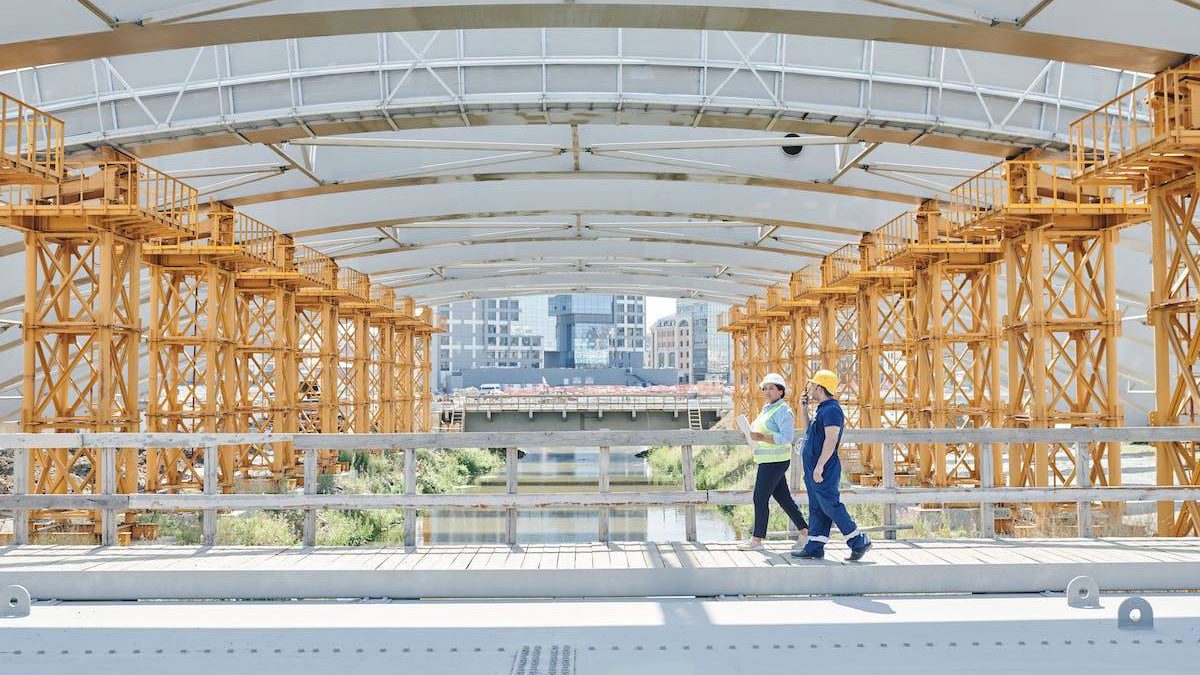In the fast-paced world of construction, efficiency isn’t just a buzzword—it’s the cornerstone of success. Imagine a world where project delays and budget overruns are a thing of the past, where every piece of information you need is at your fingertips. That’s not a pipe dream anymore; it’s a reality being forged by the emerging role of Managed IT in construction project management. This digital revolution is reshaping how we plan, execute, and deliver construction projects. With Managed IT, we’re not just building structures; we’re constructing a future where technology and human ingenuity merge, creating a seamless workflow that’s not only efficient but also remarkably effective. So, let’s dive in and explore how Managed IT is not just changing the game—it’s redefining it.
The Role of Managed IT in Construction
Managed IT, in its essence, is the outsourcing of IT services to a dedicated team of tech experts, allowing businesses to focus on their core operations. In the construction industry, this translates to a significant strategic advantage. Picture a construction site bustling with activity, yet remarkably organized thanks to Managed IT services. These services bring to the table tools like real-time data analysis and sophisticated project management software, turning once chaotic job sites into hubs of precision and efficiency.
Imagine the power of having instant access to project updates, budget statuses, and resource allocations, all at the click of a button. Managed IT makes this possible. It’s not just about keeping the server running; it’s about equipping site managers and team leaders with the data they need when they need it.
From streamlined communication channels that cut through the noise to predictive analytics that foresee and mitigate potential delays, Managed IT in construction isn’t just playing a role; it’s leading the charge in transforming how we build and manage our built environment.
Key Features of Effective Managed IT Solutions for Construction
Managed IT solutions for construction are characterized by several key features that cater to the unique demands of the industry:
Cloud-Based Collaboration Tools: These allow team members to access, update, and share documents and blueprints in real-time, irrespective of their location. This feature enhances coordination among various stakeholders, ensuring everyone is on the same page.
Mobile Project Management Apps: With the majority of the workforce on-site, mobile app offer the convenience of managing tasks, tracking progress, and receiving updates on-the-go. This ensures continuous workflow and immediate resolution of on-site issues.
Data Analytics and Reporting: Advanced analytics provide insights into project performance, cost management, and resource allocation. This helps in making informed decisions, predicting potential delays, and optimizing processes for better efficiency.
Integrated Communication Platforms: These platforms streamline communication across various departments and teams, facilitating easier and quicker decision-making processes.
Automated Workflow and Document Management: Automation of routine tasks and digital management of documents reduce manual errors and save time, allowing teams to focus on more critical aspects of the project.
Robust Security Measures: Given the sensitivity of construction data, robust cybersecurity protocols are essential to protect against data breaches and cyber threats.
These features collectively work to enhance project efficiency, accuracy, and collaboration, making Managed IT solutions indispensable in modern construction management
Conclusions
In conclusion, Managed IT has emerged as a linchpin in modernizing construction project management. By integrating cloud-based collaboration, mobile management apps, data analytics, streamlined communication, automated workflows, and robust security, it paves the way for unparalleled efficiency and accuracy.
These tools transform the chaotic landscape of construction sites into models of precision and predictability. IT managers and business leaders in the construction sector are thus encouraged to embrace Managed IT solutions. Doing so not only enhances operational efficiency but also significantly boosts competitiveness in a rapidly evolving industry. The future of construction is digital, and the time to adapt is now. Embrace Managed IT and build not just structures, but a legacy of innovation and excellence.

